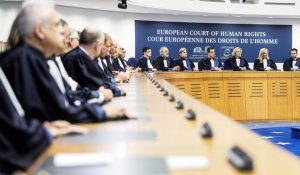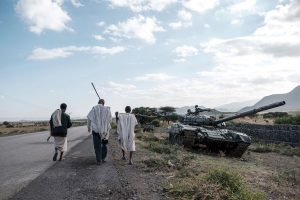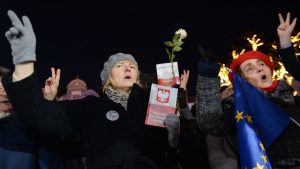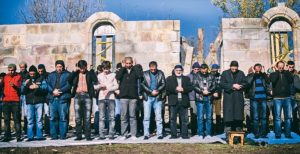By: Sallie Moppert
Journal of Global Rights and Organizations, Associate Articles Editor
STRASBOURG, France — In a Chamber judgment handed down on October 26, 2021 by the European Court of Human Rights, it was ruled that Spain’s practice of prioritizing the paternal surname over the maternal surname in parental disputes was discriminatory. The case before the court was León Madrid v. Spain and it arose from legislation in Spain that required, in a dispute between parents, a child would be given the father’s last name first, followed second by the mother’s last name.

In 2005, Josefa León Madrid gave birth to a child whose name was entered into the registrar of births using the two surnames that Josefa had, León Madrid, (Josefa’s father’s last name, followed by Josefa’s mother’s last name). After a non-marital paternity suit in 2006, the judge in the case ruled that the child in question would, in accordance with Spanish Law under Article 194 of the Regulation Implementing the Law on the registration of births, marriages and death, would be given two last names, her biological father’s first, followed by her mother’s second, due to parental disagreement. León Madrid challenged the ruling by the judge, requesting an inversion of her daughter’s last name (mother’s surname, then father’s), but the request was denied.
The Court found that the Spanish law prioritizing the father’s surname over the mother’s was discriminatory against women under Article 14 of the European Convention of Human Rights, which prevents discrimination. The lack of equal protection under the law, the Court found, led to a difference in treatment exclusively due to the person’s gender: “The Court noted that two individuals in a similar situation – the applicant and the child’s father – had been treated differently and that the distinction was based exclusively on grounds of sex.”
The Spanish government denied the existence of discrimination in this practice, stating that the daughter could change her last names upon turning 18 years old. However, the Court found that the lack of ability to change the surname order of a child could have far-reaching impacts that go beyond equal protection under the law and gender discrimination: beside the “unquestionable impact that a measure of such duration could have on the personality rights and identity of a minor, who would be obliged to give precedence to the surname of a father with whom she was only biologically related, the Court could not overlook the repercussions on the applicant’s life too: as her legal representative who had shared her daughter’s life since her birth, the applicant suffered on a daily basis from the consequences of the discrimination caused by the inability to change her child’s name.”
Article 194 has since been amended by Law no. 20/2011, which would allow a “civil status judge” to decide the order of surnames in parental disagreement, but, at the time of the case, because León Madrid’s daughter was already 16 years old, the amendment did not apply to her.
For further information, please see:
Law Euro – León Madrid v. Spain (European Court of Human Rights) – Oct. 26, 2021


